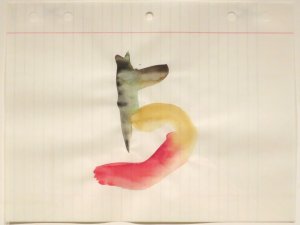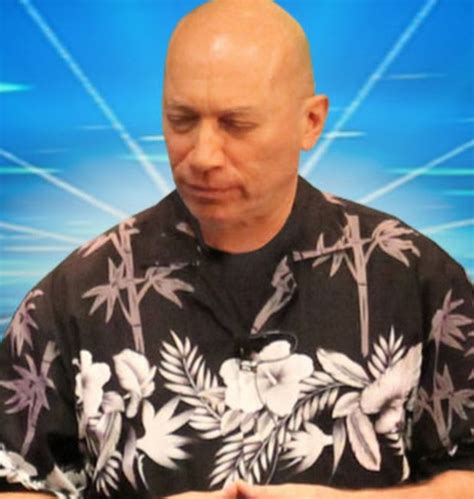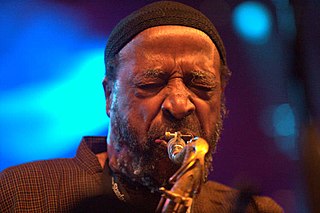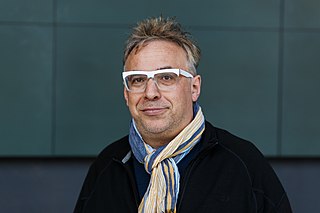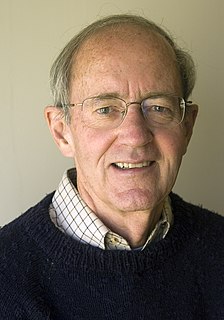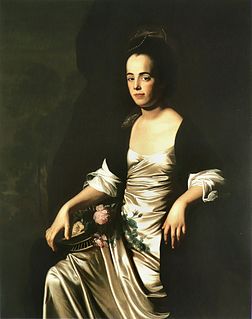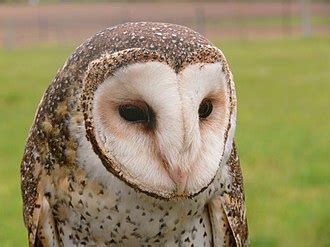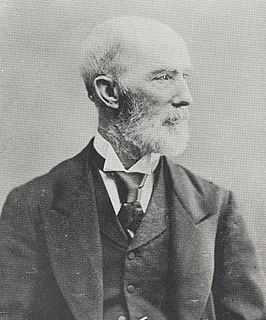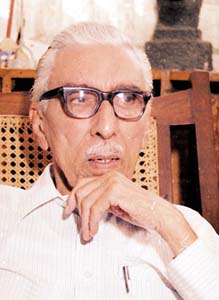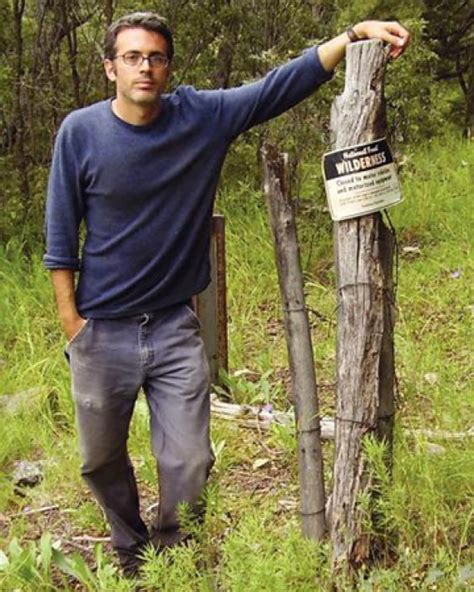A Quote by Clement Greenberg
The reality of art is disclosed only in experience, not in reflection upon experience.
Quote Topics
Related Quotes
To say that you can 'have experience,' means, for one thing, that your past plays into and affects your present, and that it defines your capacity for future experience. As a social scientist, you have to control this rather elaborate interplay, to capture what you experience and sort it out; only in this way can you hope to use it to guide and test your reflection, and in the process shape yourself as an intellectual craftsman
Philosophy, like science, consists of theories or insights arrived at as a result of systemic reflection or reasoning in regard to the data of experience. It involves, therefore, the analysis of experience and the synthesis of the results of analysis into a comprehensive or unitary conception. Philosophy seeks a totality and harmony of reasoned insight into the nature and meaning of all the principal aspects of reality.
It is obvious that art cannot teach anyone anything, since in four thousand years humanity has learnt nothing at all. We should long ago have become angels had we been capable of paying attention to the experience of art, and allowing ourselves to be changed in accordance with the ideals it expresses. Art only has the capacity, through shock and catharsis, to make the human soul receptive to good. It’s ridiculous to imagine that people can be taught to be good…Art can only give food – a jolt – the occasion – for psychical experience.
You can gain experience, if you are careful to avoid empty redundancy. Do not fall into the error of the artisan who boasts of twenty years experience in craft while in fact he has had only one year of experience–twenty times. And never resent the advantage of experience your elders have. Recall that they have paid for this experience in the coin of life, and have emptied a purse that cannot be refilled.
The one and only substitute for experience which we have not ourselves had is art, literature. We have been given a miraculous faculty: Despite the differences of language, customs and social structure we are able to communicate life experience from one whole nation to another, to communicate a difficult national experience many decades long which the second of the two has never experienced.
... what is faked [by the computerization of image-making], of course, is not reality, but photographic reality, reality as seen by the camera lens. In other words, what computer graphics have (almost) achieved is not realism, but rather only photorealism - the ability to fake not our perceptual and bodily experience of reality but only its photographic image.
The energy you give off based on your beliefs... your emotions... your behavior... the vibrational frequency you give off is what determines the kind of reality experience you have... because physical reality doesn't exist except as a reflection of what you most strongly believe is true for you. That is all that physical reality is. It is literally like a mirror.

